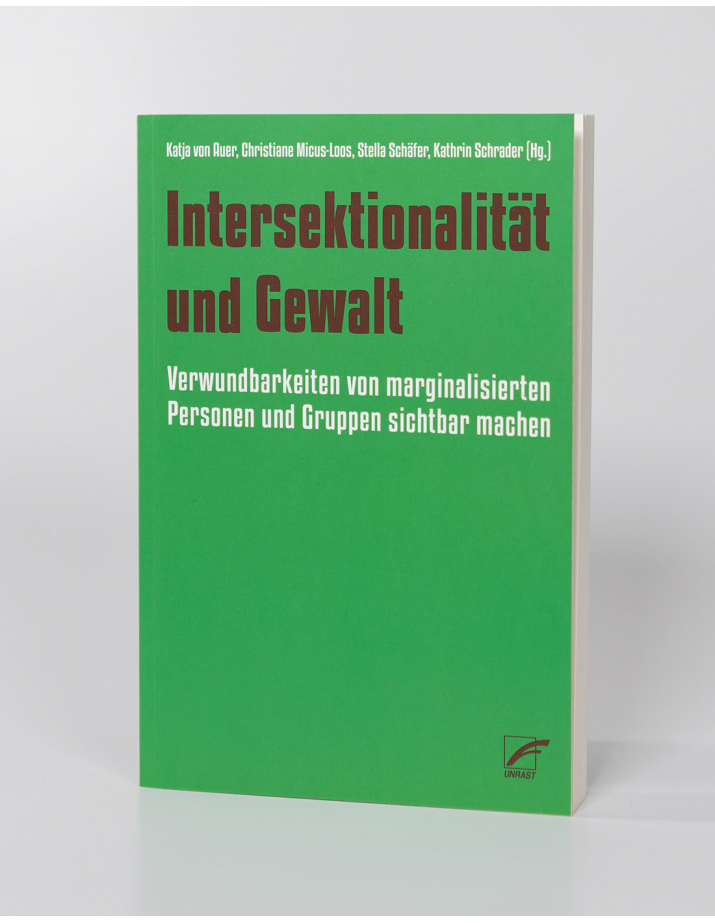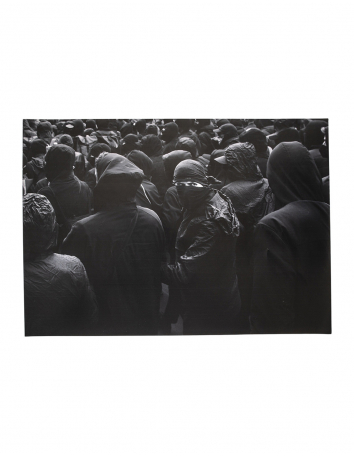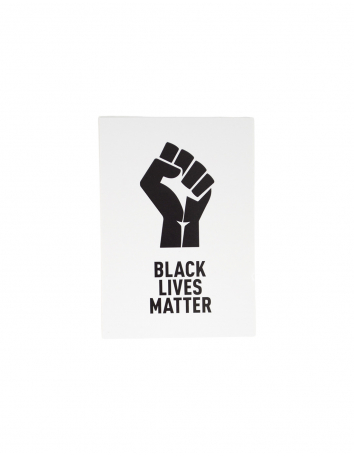Making the experience of violence of vulnerable persons and groups visible: Gender-based violence in focus
Gender-based violence is an everyday phenomenon that occurs regardless of origin, education or income. Research findings on exposure to violence show that certain vulnerable groups remain structurally excluded from protection and support. Furthermore, it becomes clear that circumstances that promote injuries and can serve as a basis for acts of violence are themselves to be considered forms of violence.
This anthology is based on current research findings and an engagement with queer feminist theories. It addresses the question of how the vulnerability of marginalised people and the exclusions they face can be made visible and what measures need to be taken to offer these groups protection free of discrimination.
The contributions in this book are aimed at those affected as well as students, teachers, practitioners and researchers who are willing to discuss, reflect on and gradually integrate current ways of working into practice and education.
About the authors:
Katja von Auer works as a social worker and is a lecturer at the Frankfurt University of Applied Sciences (FRA-UAS). Her teaching and research focuses on antiziganism, intersectionality and precarious living situations.
Christiane Micus Loos is a professor of social pedagogy at the Institute for Pedagogy at Christian-Albrechts-Universität zu Kiel. Her research focuses on feminist theories, gender and queer studies, intersectionality, career orientation and life planning, violence research and theories of social work.
Stella Schäfer is a PhD student at the Institute of Sociology at Goethe University Frankfurt. Her research focuses on discrimination and intimate partner violence from an intersectional perspective.
Kathrin Schrader is a professor of social work with a focus on people in precarious living situations at FRA-UAS. Her research interests include the intersectionality of inequality categories and their effects. In 2020, she founded the "Network of Feminist Intersectional Perspectives on Violence" at the university together with three colleagues.


















